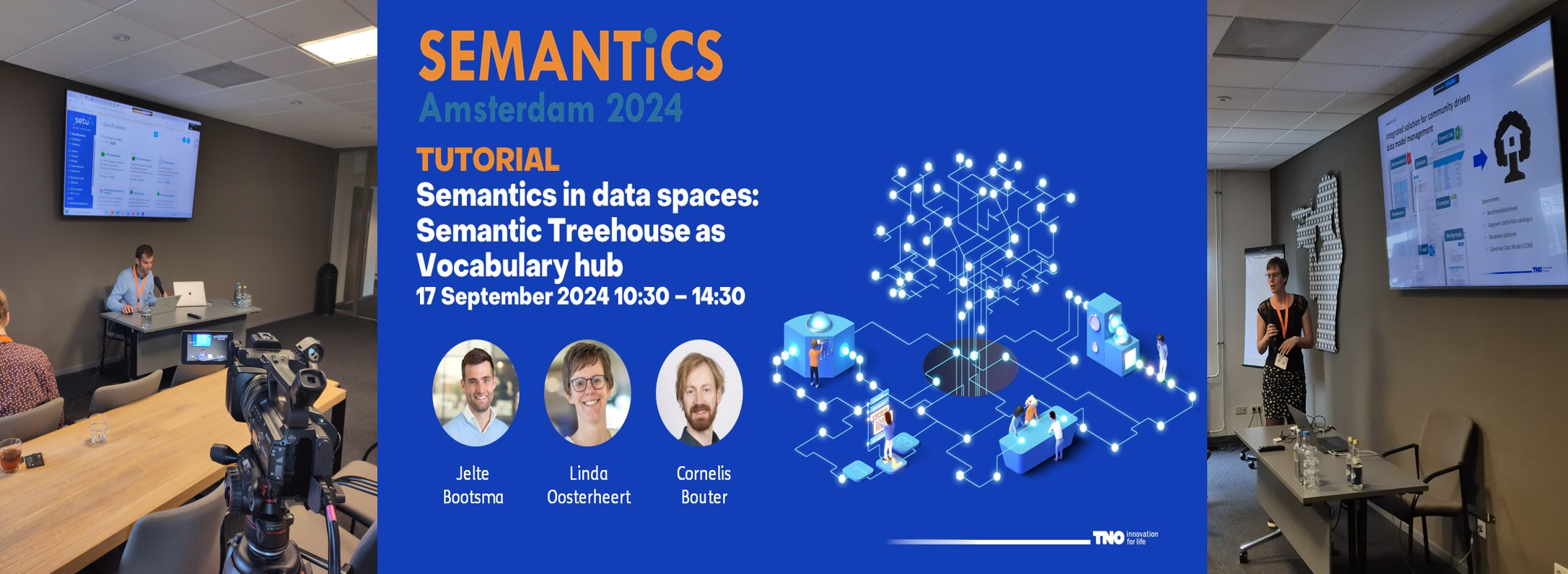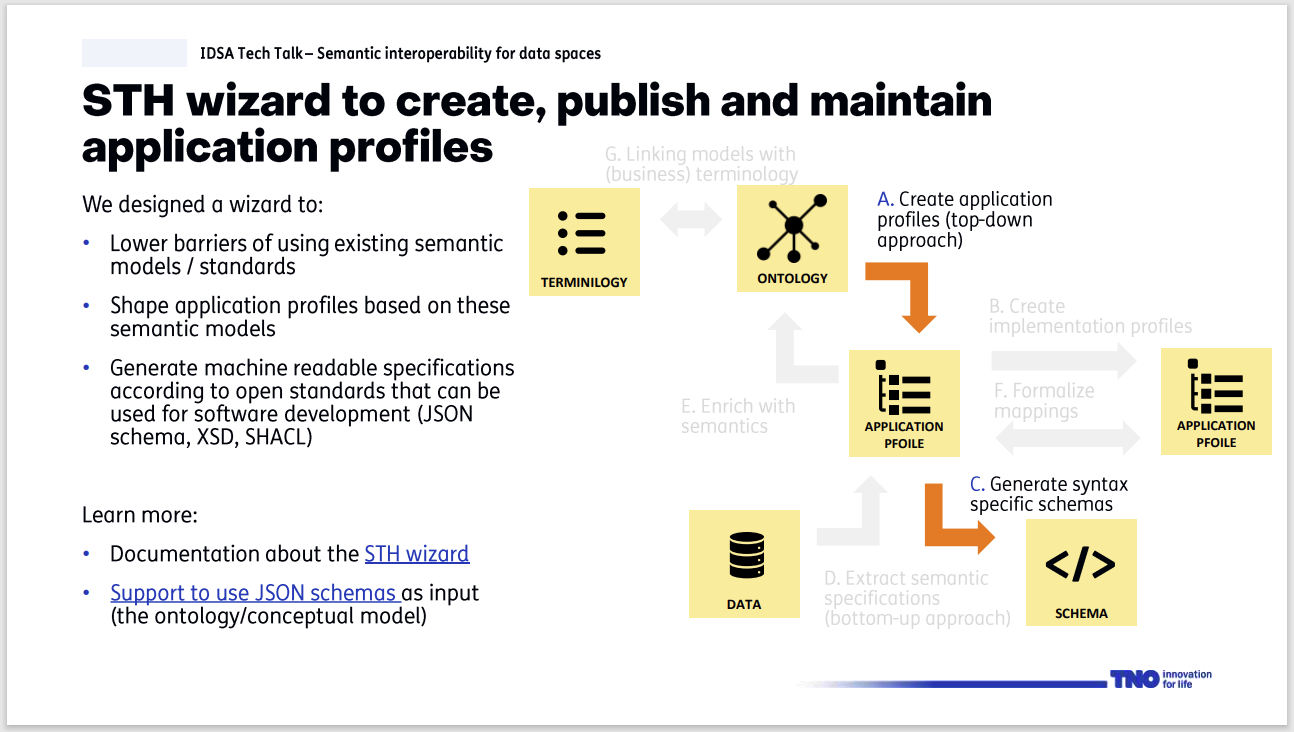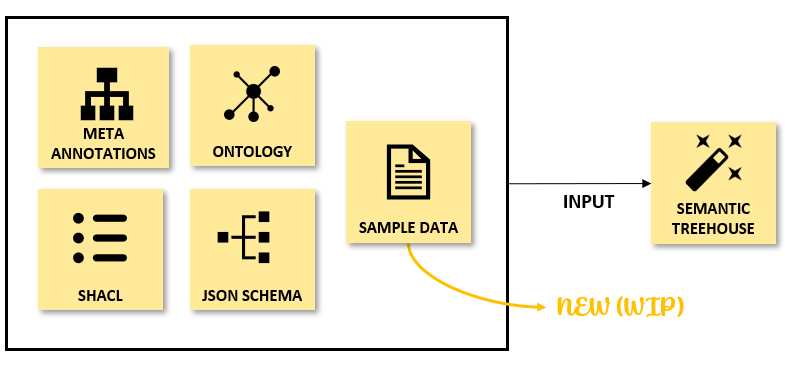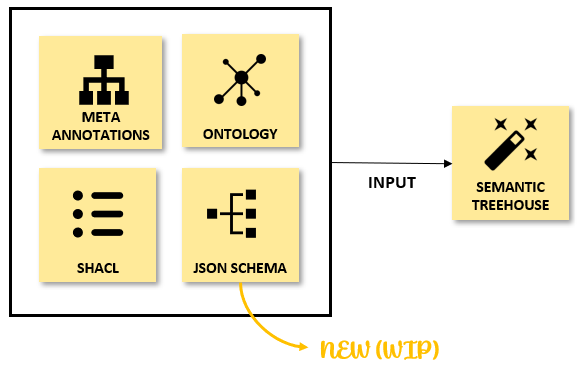Paperless Bulk Transport case video for Centre of Excellence
In this video we explain the work done on the Paperless Bulk Transport use case. This explainer video is created as part of the Living Labs of the Centre of Excellence for Data Sharing and Cloud (CoE-DSC).
Both the construction and logistics sector have identified the paperless bulk transport use case as a shared problem. Therefore a collaboration is set up between Ketenstandaard, SUTC and TNO, supported by Transport & Logistiek Nederland, Bouwend Nederland and Topsector Logistiek. Both the construction and logistics sector have their own agreements on information exchange and developed their own standards for different scenarios, but in this specific case it must be investigated whether the existing sector standards also accommodate for exchange of bulk transport information. More specifically: how can the reuse of existing data models accelerate the digitalization of bulk transport information exchange?
During the use case the Wizard functionality of Semantic Treehouse was used to create application profiles reusing existing standards such as the Open Trip Model.




